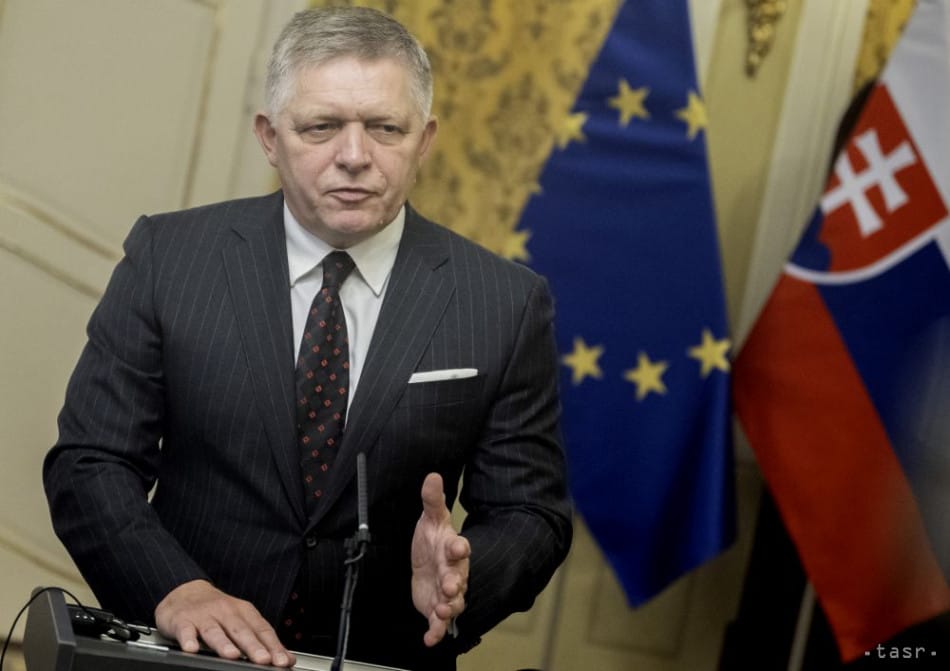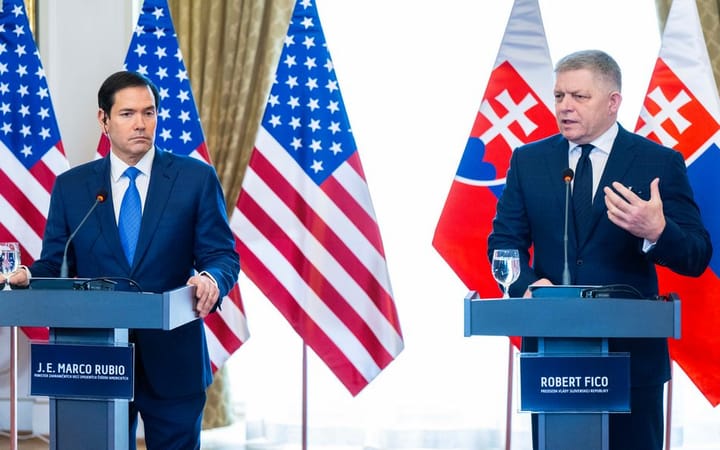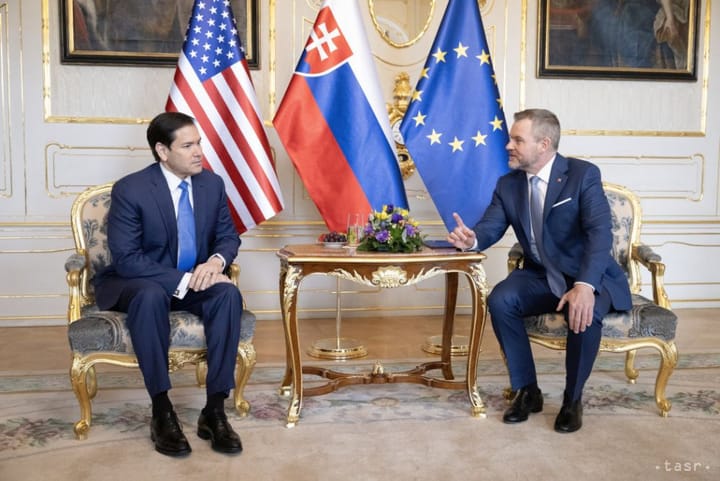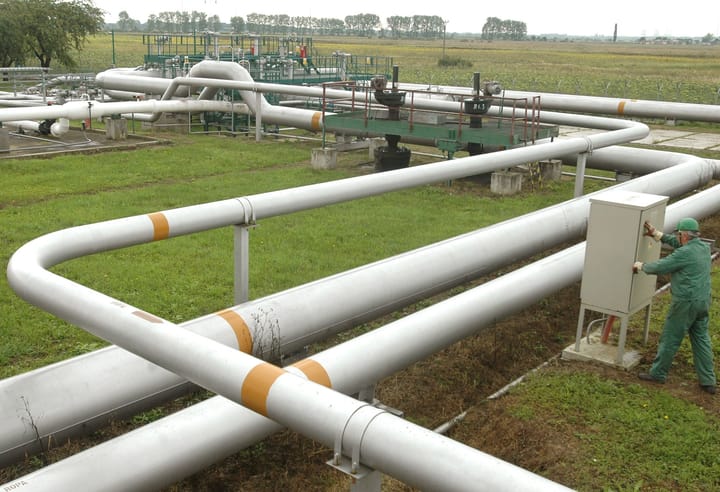Slovakia and Austria Block 19th Sanctions Package against Russia

Brussels, 15 October (TASR) - The permanent representatives of the EU member states failed to agree on a 19th package of sanctions against Russia on Wednesday, with Slovakia and Austria being the countries blocking the deal on a new round of EU sanctions against Moscow, TASR has learnt from Euronews website.
The proposed package, which has been on the table for almost a month, targets Russian liquefied natural gas (LNG), oil infrastructure, "shadow fleet" and cryptocurrency platforms, as well as the movements of Russian diplomats across the bloc.
After weeks of negotiations, the technical and legal details of the restrictions have been fine-tuned and settled, diplomats consulted by Euronews told the website, adding that a final agreement on the package was expected to be reached at a meeting of permanent representatives on Wednesday. However, Slovakia and Austria, each for different reasons, blocked the deal.
Euronews puts Slovakia's position at Wednesday's ambassadors' meeting in the context of Slovak Prime Minister Robert Fico's (Smer-SD) phone call with European Council (EC) President Antonio Costa, about which the head of the Slovak government informed on Wednesday afternoon. "I repeatedly reminded Antonio Costa that I'm not interested in dealing with new sanctions packages against Russia until I see, in the conclusions of the summit, political instructions for the European Commission on how to address the crisis in the automotive industry and the high energy prices that are making the European economy completely uncompetitive," he stated.
"I refuse to let such serious issues be 'handled' in the conclusions with general phrases, while detailed decisions and positions are devoted to aid for Ukraine. I informed Antonio Costa that the Slovak government will present substantially more concrete proposals regarding the automotive industry and energy prices than those currently seen in the draft conclusions," added Fico.
Meanwhile, next to Slovakia, Austria has emerged as another obstacle in the sanctions debate. Vienna has asked to unfreeze the shares of a blacklisted Russian company, Rasperia Trading, to compensate one of its largest banks, Raiffeisen Bank International (RBI), for a €2.1 billion legal defeat it suffered in a Moscow court early this year.
According to Euronews, the request has proven controversial among member states, who fear it could open Pandora's box and embolden similar requests in the future. It is unclear if Vienna will push the matter all the way to the leaders' summit, given its isolation in the room.
The Austrian Foreign Ministry stressed that Austria continues to support Ukraine and the sanctions regime against Russia, however, the country is, of course, committed to safeguarding the interests of Austrian companies. And in this case, sanctions would help avoid the Russian firm from paying compensation, added the Austrian ministry.



